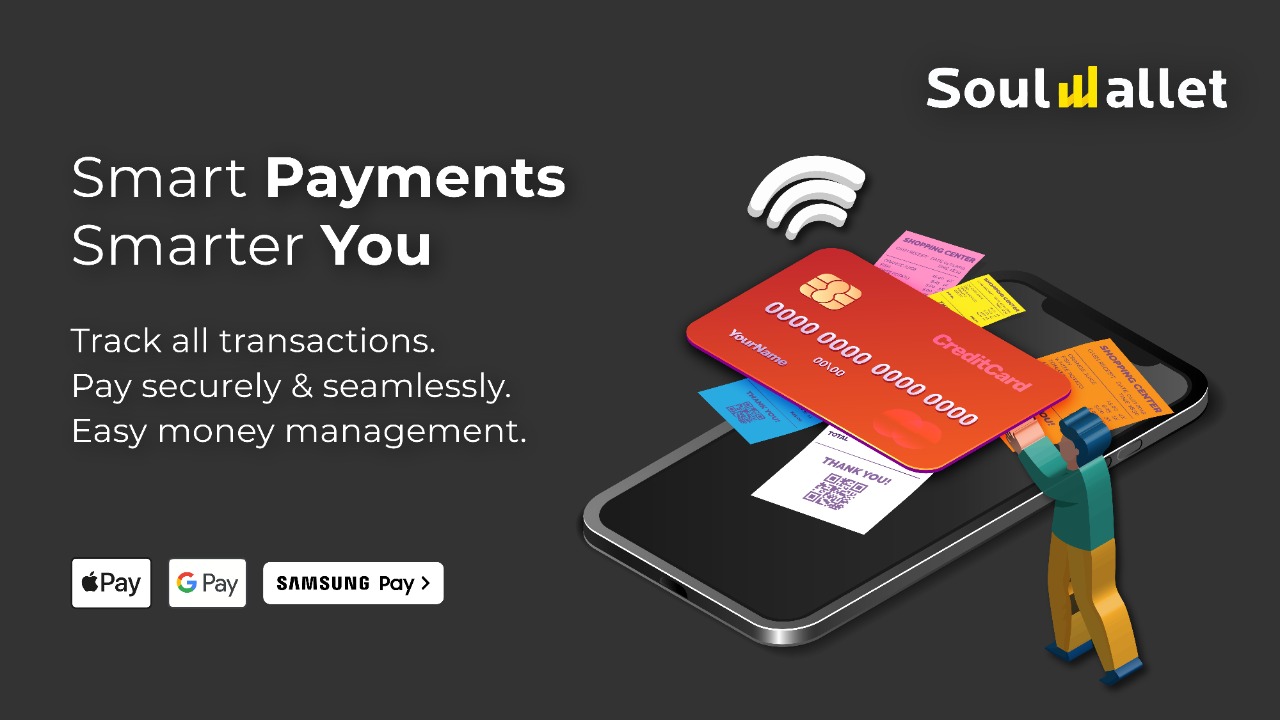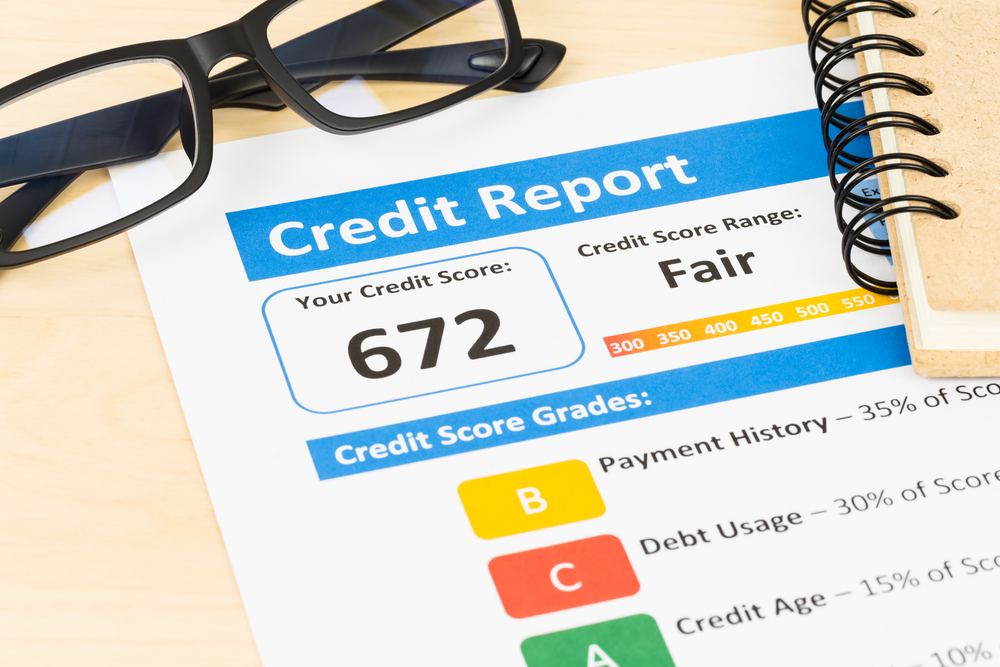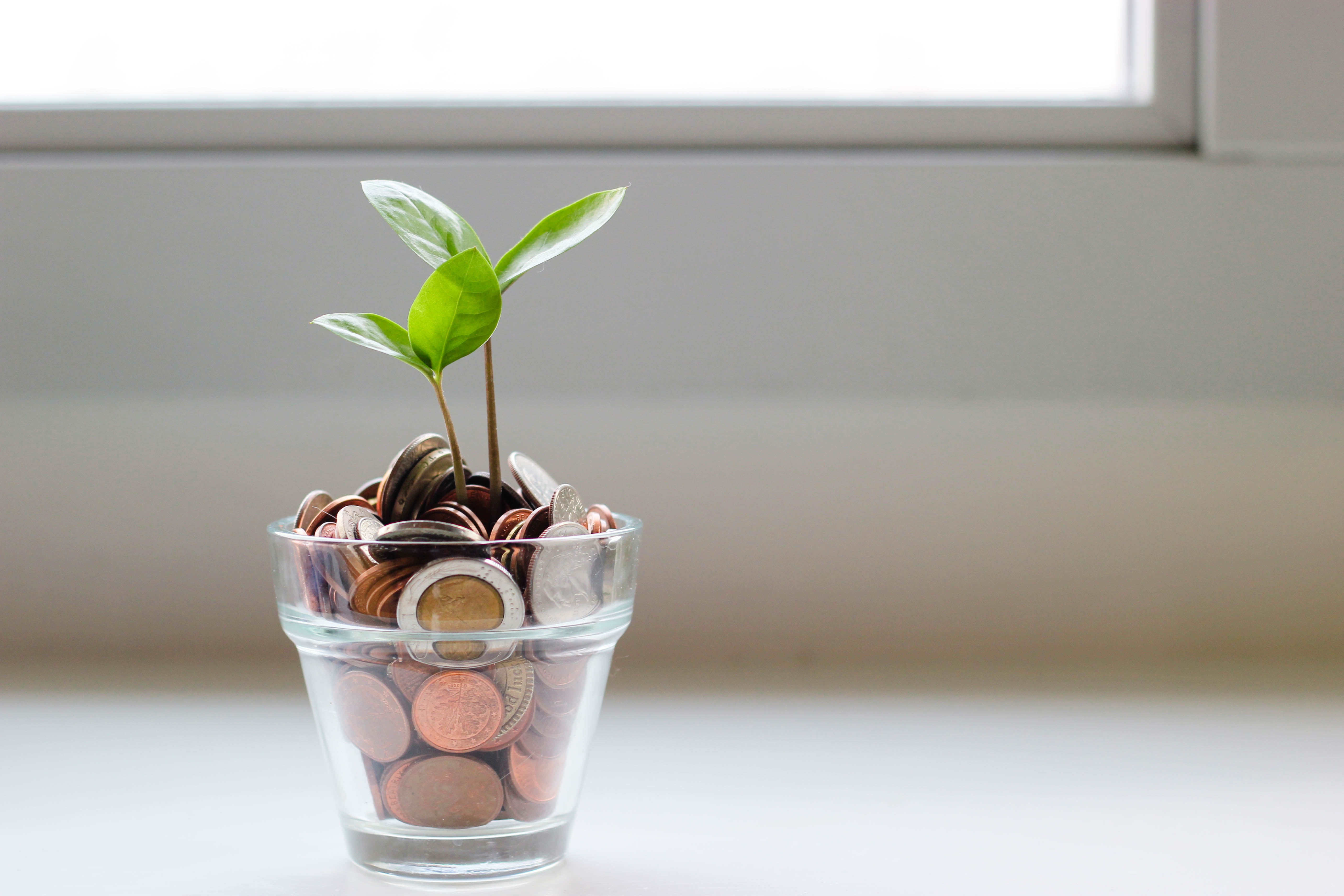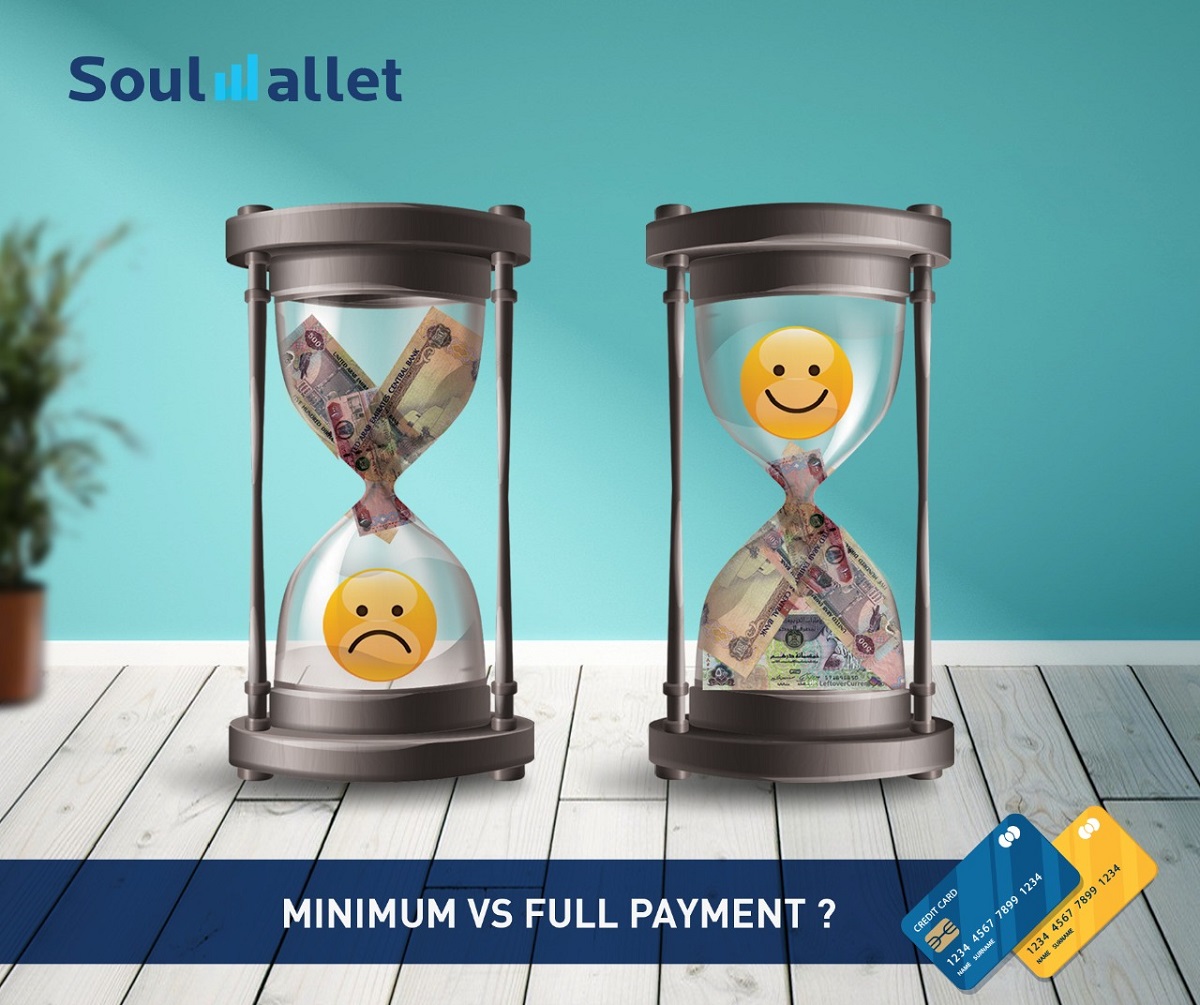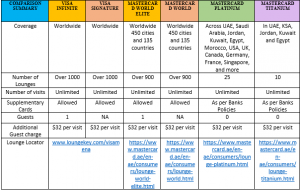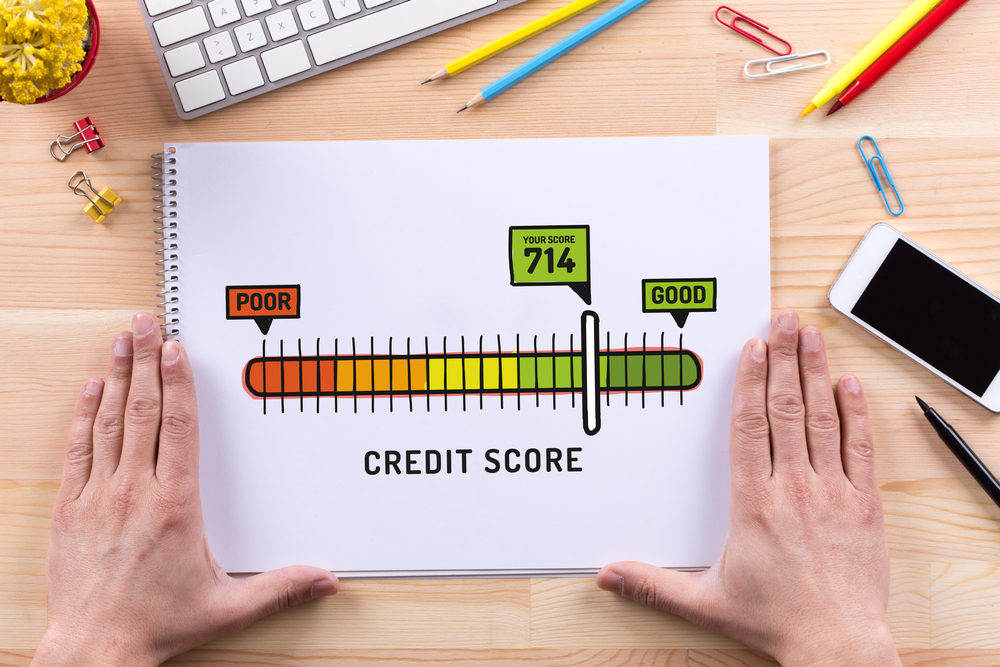COVID-19 (also known as the “coronavirus”) has disrupted the UAE and the rest of our world. From bans on public gatherings in the United States to the closure of restaurants, bars, and even sports leagues, the coronavirus has quickly changed day-to-day life.
It is all too easy to focus on these negative headlines. Anxiety is rampant and the world seems much darker in the near future.
But having said this, life as we know it is not going to end. We will get through this. Moreover, once this crisis fades, we believe that there are some extremely positive consequences that will make life better, healthier, and more enjoyable.
Positive Effects from the Coronavirus
Some of the more prominent changes from the COVID-19 crisis will center on our work lives and human interactions.
Even before the spread of the coronavirus, remote work was becoming increasingly important for knowledge economy workers. COVID-19, however, is a substantial catalyst that is going to unlock plenty of remote work opportunities in the UAE and around the world. Employers will increasingly notice that at-home employees are happier and more productive. To continue training their teams, employers will also utilize online coaching and counseling tools. Even though in-person work will not disappear, remote work is going to be a mainstay of our lives.
Aside from work itself, the coronavirus is going to make our world more digital. New social media users and applications will emerge—all leveraging the power of video. Wi-Fi will be free and available everywhere. We may even see virtual reality and augmented reality play an even more important role. Simply put, the world will become even more digital, allowing us to remove physical boundaries and connect with others from the comfort of our own homes.
Next, COVID-19 is going to dramatically reshape global healthcare. Again, we’re likely to see a digital-first approach here. It is going to be completely normal to get health checkups and treatment from our homes. DIY self-administered medication delivered to our front doors will also be more prevalent, allowing us to bypass visits to a doctor’s office or pharmacy. More serious illnesses or ailments will still require us to seek in-person care. That said, digital diagnosis and treatment are going to lead to a more convenient and healthier future.
COVID-19 has already rocked the business world in the UAE and throughout the world. Even though a global recession may already be here, we believe that the business world is advancing even more rapidly toward significant changes. First, ecommerce and digital channels will be the primary (or even sole) revenue channels for some businesses. Businesses will need to be creative to better serve online customers. Digital Wallets will be used widely. Cryptocurrency having operated in an unregulated market has expanded amid major upheaval, financial scandals, bankruptcies and mounting skepticism. With players such as Litecoin, Ripple, Mintchip, Tether, Ethereum, Libra, Monero and several more emerging, cryptocurrency will evolve from the nascent stage and gain momentum and better customer acceptability. All of this will lead to better experiences and more security for customers.
Finally, education and food are going to rapidly transform. In terms of education, distance and online learning will become even more prevalent. While children will face challenges in developing social skills, remote learning will grant us easy access to the best educators and experts around the world. As for food, the coronavirus is going to catalyze new and innovative catering options at home. More people will begin to grow their own food and renewable energy will be more commonplace (and necessary).
A Dramatically Different World
COVID-19 may or may not be a “Black Swan” event, but the effects of this global pandemic are going to be long-lasting. Even though there is some short-term pain, we believe that there will be long-term gain.
Day-to-day life is going to be more digital and less analog. We will connect with others through the power of digital technologies. The home is going to become much more important in our day-to-day lives, whether we are looking for our next meals or simply trying to diagnose a mild illness that we have.
In the UAE and around the world, we must prepare ourselves for these changes. As with any change, the transition may be difficult. However, we strongly believe that modern-day life is going to be better after this crisis. In the interim, we must stay positive and look out for each other. This crisis will end, and we will be in a great position coming out of it.
Soulwallet is a personal finance comparison portal in the UAE. With a team of “out of the box” thinkers and a deep understanding of the UAE consumer banking industry, we help customers make the best choices while shopping for financial products such as credit cards and loans.


